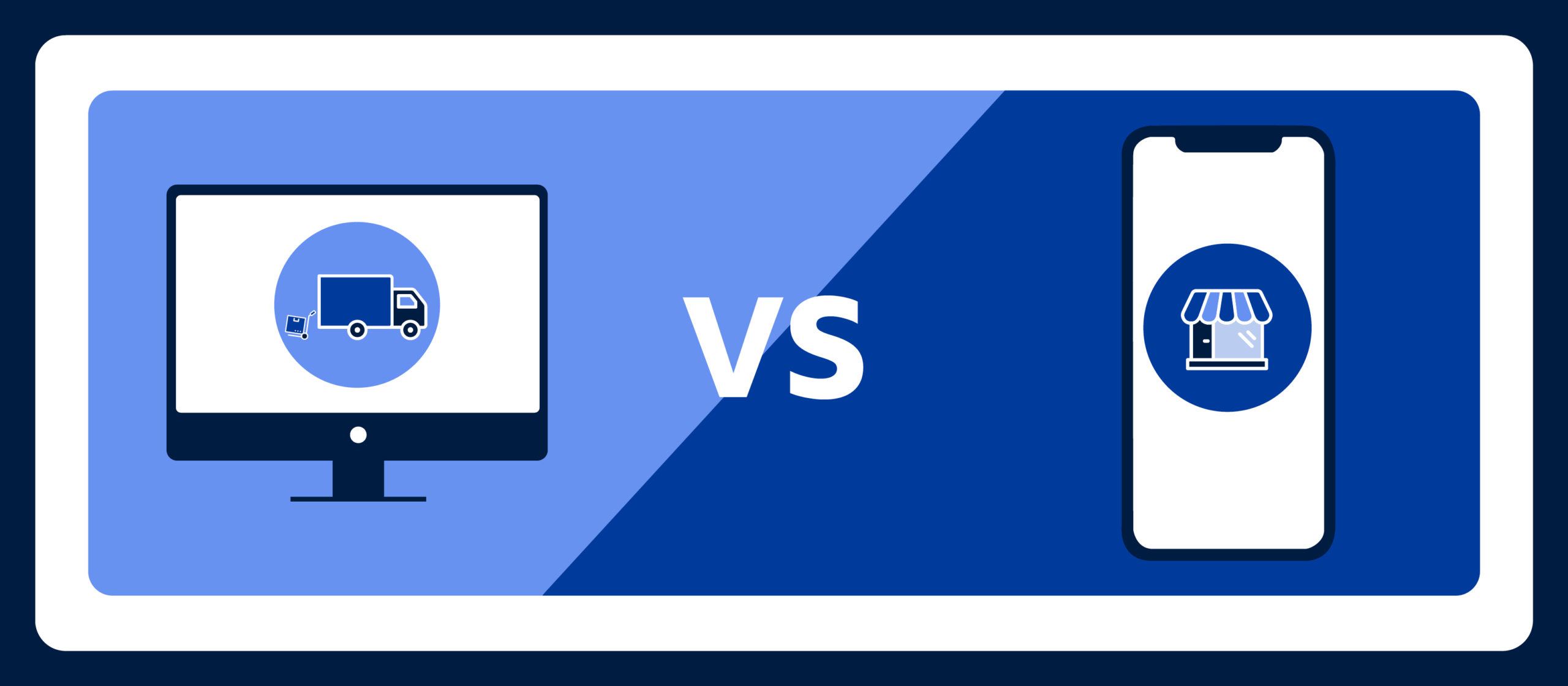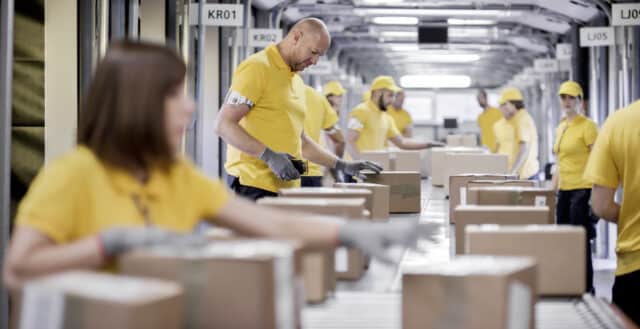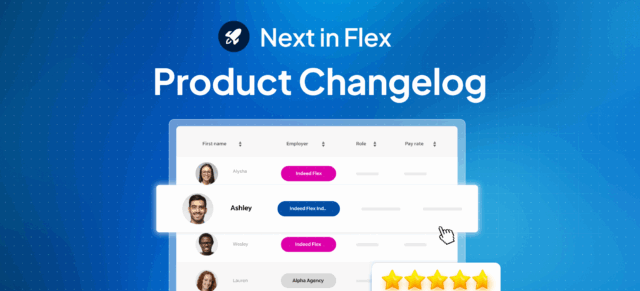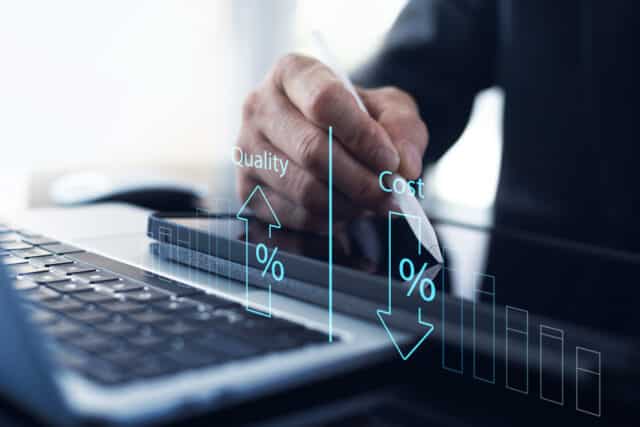
The supply chain is an integral part of almost every business, factoring in the people, activities, entities, information and resources used to produce and distribute products to the final customer. As such, two of the most important relationships any business has exist within its supply chain – those with their suppliers and their vendors.
However, despite their importance, these two roles often get confused. In fact, it’s not unusual to hear the terms supplier and vendor being used interchangeably. Granted, both roles involve supplying goods and services, but there are also a few key differences that distinguish them from each other in a pretty profound way.
So let’s dive in and unpack what vendors and suppliers are in business and explore the small details that set them apart.
What is a Vendor?
A vendor is a business or individual who purchases goods from manufacturers or distributors and sells them to the end-user. Rather than selling the raw materials to make those products, vendors are typically involved in selling finished products that are ready for sale and use.
For example, if you run a restaurant, you will buy your soft drinks from a vendor. That vendor will sell you the finished product, which you can sell straight to your customers. If you were to buy your soft drinks from a supplier, you would have the raw materials to make your soft drinks, but you would have to mix, bottle and store them yourself. That’s why most businesses that sell directly to thirsty customers will have a contract with a vendor, not a supplier.
A typical supply chain looks something like this:
Supplier -> Manufacturer -> Distributor -> Vendor -> Customer
Vendors are considered the penultimate link in the supply chain because they deal with finished products and services. However, the end-user in a supply chain doesn’t necessarily have to be a consumer; they could be another business.
Another important distinction to make in the vendor vs. supplier discussion is that once a vendor sells a product or service, it will then be used as-is, whereas, with suppliers, the product or service will be resold in a different form.
Why are vendor relationships important?
Building and maintaining healthy vendor relationships is crucial to the success of any business. If you want to supply your customers with goods and services at the right price and desired quality, then you will need to work with a vendor who can stay on track with their deliverables, can communicate clearly and is willing to find a price that will work for both parties.
Too often a business’s focus is on driving down its costs, only to ruin a long-established relationship with a trustworthy and reliable vendor. That’s why, like any good relationship, it requires a certain amount of give and take. If your relationships are managed well, vendors can turn into long-term partners that help your business improve products, cut costs and even help to finance new marketing efforts.
When your business has multiple vendors, managing and maintaining the relationships you have with them can be difficult. That’s where a vendor management system like Indeed Flex Plus really helps. It enables you to centralise all of your vendors in a single ecosystem, providing you with better visibility of your contingent workforce and giving you immediate access to critical data. That lets you find new opportunities and tweak your processes to create a more lucrative business.
What is a Supplier?
A supplier is a business or person who sells the component parts of a product or service to another company. Unlike vendors, suppliers operate exclusively on a B2B basis. They are the first link in the supply chain, as they sell components in bulk to manufacturers that then turn those components into finished products or services.
As an example, if you run a health food business that specialises in producing organic meals from scratch, you would need to partner with local suppliers to provide you with the raw ingredients for those meals. In this scenario, both the farm that provides you with your meat and the local greengrocer who delivers your fresh veg will be your suppliers.
The purpose of the goods provided by a supplier is for resale but in a different capacity from vendors. In the above example, the meat and vegetables will be resold by the business to their end customers, but not before being transformed into delicious meals first.
Why are supplier relationships important?
In today’s competitive business landscape, building and maintaining positive supplier relationships has never been more important. If we look at the example above, the fresh produce provided by a supplier for a health food business could well be the primary reason why their customers keep coming back for more. As well as being delicious, if sustainable practices are used by those suppliers, that will also have a knock-on effect on the image and reputation of the business.
Respect plays a key part in the buyer-supplier relationship. Suppliers want to work with trustworthy buyers who demonstrate integrity and appreciate them for the value their products add to their business. Once that respect is there, businesses can work with suppliers to forge a mutual, long-term competitive advantage. This could come in the form of innovations and ideas or the wealth of information that suppliers can provide. That includes evaluating new products, identifying potential opportunities and even providing insight into your competitors.
Better Relationships with Your Supply Chain
Regardless of whether your business uses vendors, suppliers or both, you must consider them part of your team. Communicating openly and often (particularly when it comes to contracts and deals), understanding the critical role they play in your business and valuing their products is key to creating a win-win relationship.
Book a demo with us today to find out how the vendor management system from Indeed Flex Plus can help you manage all of your vendors in one place and get better visibility of your contingent workforce.








